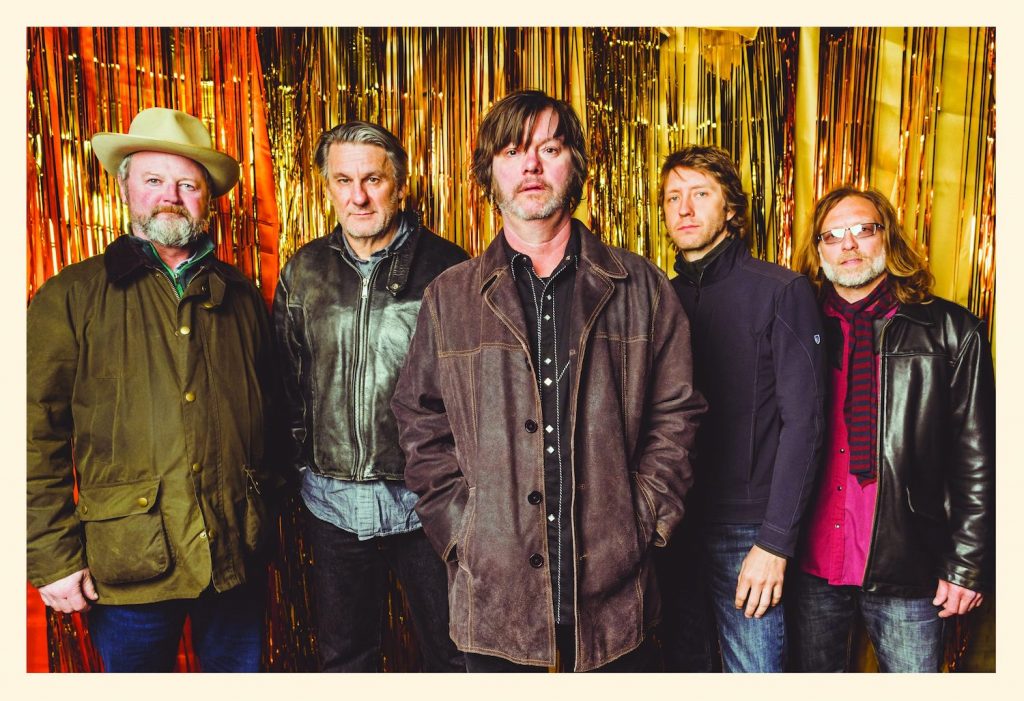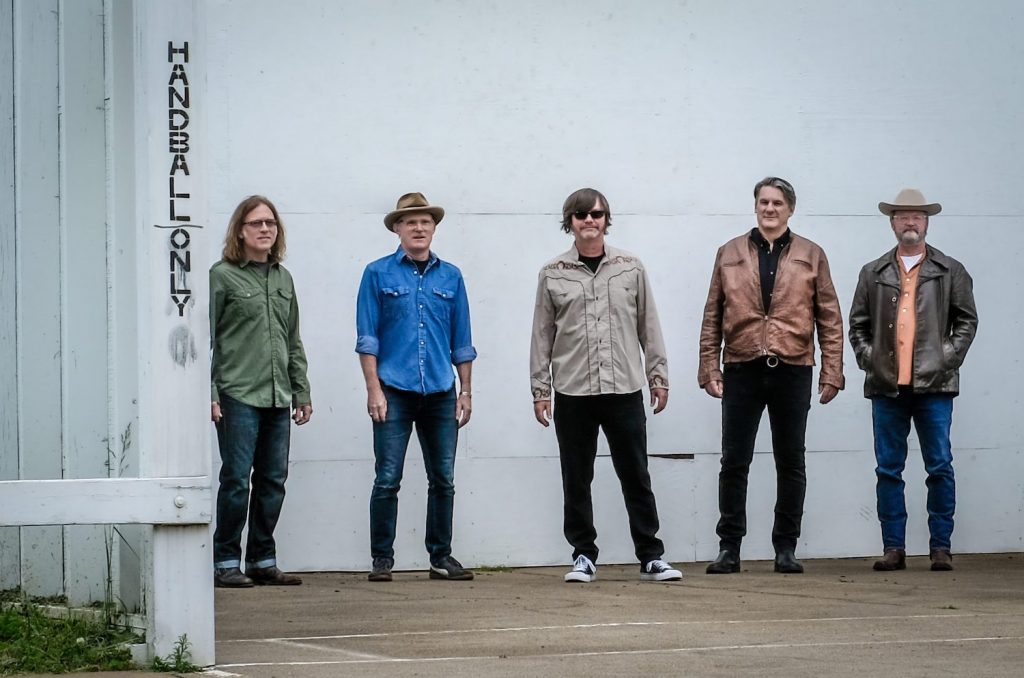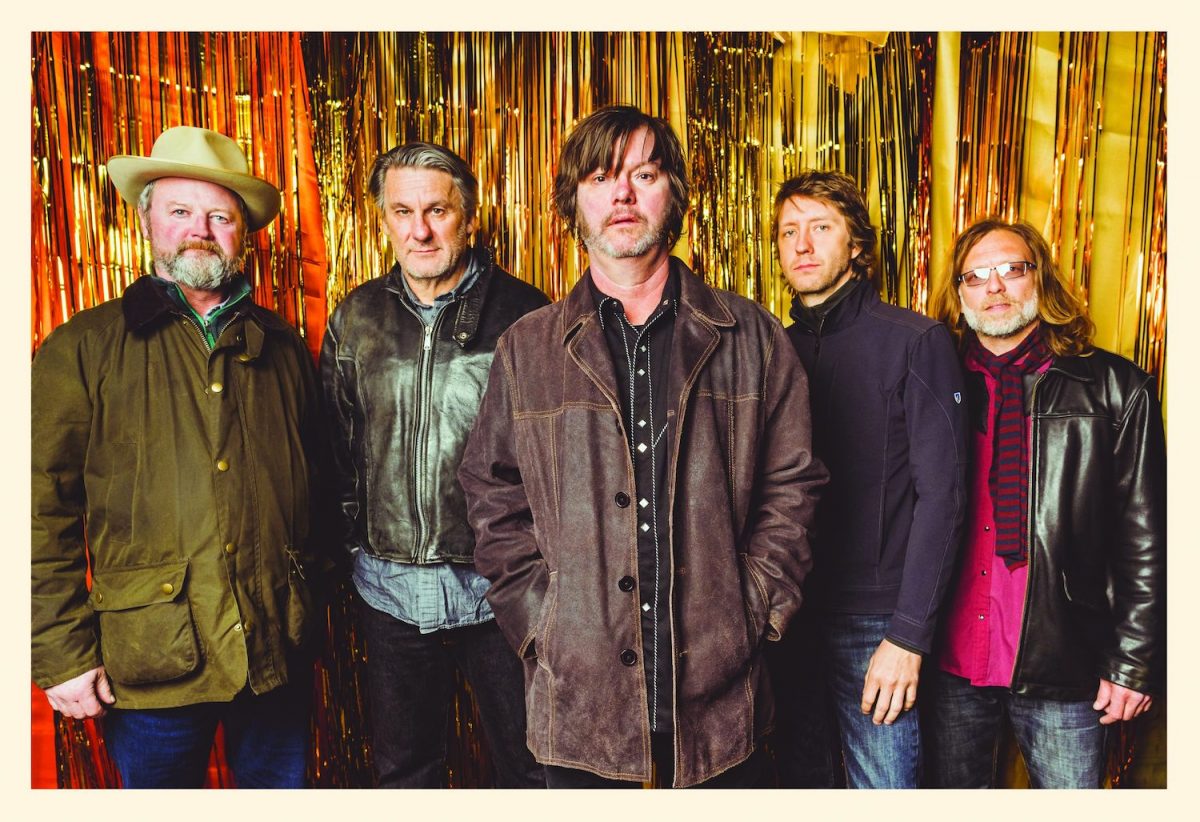
For those inclined to notice amid the shitshow that was 2020, last year marked the 25th anniversary of Son Volt’s Trace, an album that flawlessly assembled alt-country’s working parts into one definitive bundle. Realizing there would be no victory lap for the landmark LP, band leader Jay Farrar sequestered himself in his St. Louis home in self-reflective pandemic mode, writing the songs for Electro Melodier (Thirty Tigers). Perhaps not surprisingly, it contains some of his most personal music to date. Using his 25-year marriage as a point of reference, “Diamonds And Cigarettes” and “Lucky Ones” touch on the powerful and precarious nature of long-term commitment. For a guy who tends to avoid first-person narratives, they’re about as it confessional as it gets.
The rest of Electro Melodier picks up where 2019’s Union left off, with Farrar favoring melody over mood as he unloads a dozen or so issue-oriented cautionary tales (“The Levee On Down,” “Arkey Blue”) and politically charged calls to action (“Living In The U.S.A.,” “Someday Is Now”). In a recent chat, Farrar weighed in on making the best of the new normal, the hidden dangers of the wide-body acoustic guitar and Trace’s anticlimactic birthday celebration.
Judging by the 14 tracks on Electro Melodier, the pandemic had a bit of a silver lining for you.
I tend to look at it that way. Usually there’s one eye on the horizon looking at what gig is coming up next, so normally the recording is done between Son Volt shows. This time around, it was pretty obvious that there was going to be more time to focus on everything, from the writing to the recording. We just tried to make the best of that extra time … I tried out more structural things with the writing and the arrangements. I also has a few operations during that period, so I knew it was going to be all hands on deck to get the recording part done. I had some vocal cord stuff done, and I had a rotator cuff operation on my shoulder. Now I can empathize with all those baseball pitchers.
Which arm?
The right side. Forty years of playing guitar took its toll. They pretty much pinpointed it to playing a wide-body acoustic guitar. So I did modify my guitar setup to where it’s now a thin body, and that seems to be important in the physical-therapist world. You’re not thrusting your shoulder forward when you’re strumming.
“These Are The Times” was done on Zoom. How did that go down?
It was recorded remotely. We did it live simultaneously in two different studios. But it soon became clear that it was going to be a little challenging, and that maybe some of the synergy and chemistry was getting lost in the process. Eventually, (bassist) Andrew (DuPlantis) and (drummer Mark) Patterson came up, and we put our masks on and started recording here. Then (guitarist) Chris (Frame) came in from Nashville. (Multi-instrumentalist) Mark Spencer has his own studio in Brooklyn, so he wound up recording his parts in a different city.

You’ve mentioned a return to melody on this album. You were already headed in that direction with Union.
I guess I can see Union and Electro Melodier as companion pieces in that sense. This time around, I did want to be a little less heavy on the topical songwriting part. I tried to focus on the more melodic music that’s inspired me over the years, whether it was Badfinger or Big Star. So when I came across the old amplifiers, Electro and Melodier, I thought that would be a good title that represents this group of songs. Of course, I still read the news every day, so that’s how songs like “Arkey Blue,” “The Globe” and “Living In The U.S.A.” came about.
You get pretty personal on “Diamond And Cigarettes” and “Lucky Ones,” though you rarely write in the first person. “Like You,” the last song on this album, is a notable exception.
In general, I prefer to be more of an observer. But as the saying goes, this time it was personal. COVID was a trying time for everybody. For me, it meant spending quality time with my family—and some of these songs reflect an appreciation of that. “Like You” barely made the album, but (engineer) Jacob Detering added a nice little harmonium drone that bumped it up. I’m glad I didn’t throw it away.
Trace continues to loom large as one of the alt-country’s definitive statements. How does the album sit with you 26 years later?
When I look back on it, it tied up some loose ends for me in what I was looking to project with classic traditional country music instrumentation. [Uncle Tupelo] had those instruments on a song here and there. But with Trace, I really got to drill down and explore … and try out a few other things, whether it was alternate tunings or whatever.
You weren’t able to tour behind the 25th anniversary. How much of a letdown was that for you?
Every band likes to commemorate where they started, but I took it in stride. There’s always 30 years … if I live that long. No sweat.
—Hobart Rowland







